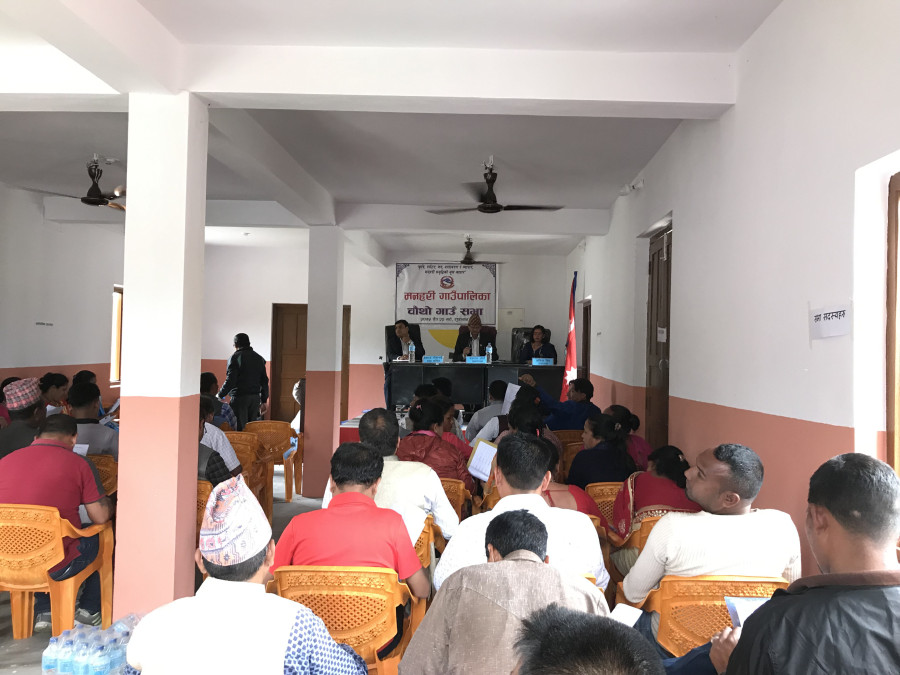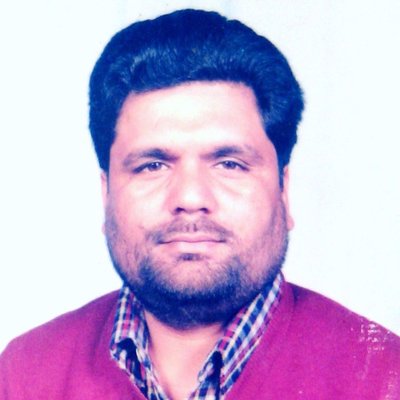National
Makwanpur local unit endorses act to reform social practices
The fourth village council of the Manahari Rural Municipality in Makwanpur district on Friday endorsed the Social Practices Reform Act 2019. Ekaraj Uprety, the chief of the rural municipality, said the act was enacted to reform the social practices of the people by discouraging extravagance and unhealthy competition.
Pratap Bista
The fourth village council of the Manahari Rural Municipality in Makwanpur district on Friday endorsed the Social Practices Reform Act 2019. Ekaraj Uprety, the chief of the rural municipality, said the act was enacted to reform the social practices of the people by discouraging extravagance and unhealthy competition.
Manahari is the first of the 10 local units in Makwanpur to come with the necessary legal provisions to control social extravagance and reform several other social practices.
The act restricts dowry system and limits the number of wedding attendees to 51. One cannot invite more than 25 persons during cultural festivals and gathering, and is not allowed to provide Daksina and gifts worth more than Rs 1,000. The act also forbids gambling and the use of insecticide and pesticide in vegetables without consulting technicians.
The new law bans the production and sales of locally brewed liquor in the rural municipality and also makes provision to sell alcohol from registered shops from 5pm to 8pm only. The act also has a legal provision that ensues equal wages to male and female for doing the same work.
According to Uprety, the rural municipality will launch an awareness campaign in the first phase to educate people about the new act.
“The act will then be implemented by formulating working guidelines,” he added.
The elected representatives at the local body said that such acts were essential to control the rampant bribery and corruption in the district. They, however, admitted that it would be challenging to implement the act in an effective way. Deputy Chief of the rural municipality Manila Bista, who is also the head of the judicial committee, said that the act should first be implemented by all the elected representatives of the local unit.
The rural municipality was restructured by merging the then Manahari and Handikhola Village Development Committees. Around 38,400 people, mainly from Tamang, Chhetri, Brahmin, Chepang, Bankariya, Bote and Dalit communities, reside in nine wards of the rural municipality.




 16.12°C Kathmandu
16.12°C Kathmandu













